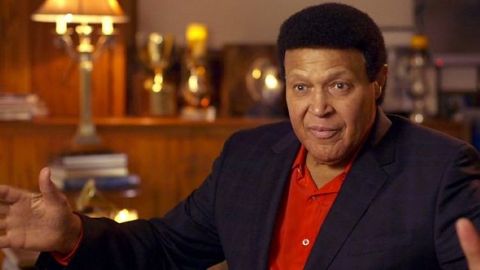Revolution • 2017 • episode "S1E1" • Tunes for Tyrants
Suzy Klein takes us back to the volatile years following the Russian Revolution and World War I, when music was seen as a tool to change society. Suzy explores the gender-bending cabarets of 1920s Berlin and smashes a piano in the spirit of the Bolshevik revolution. She also reveals why one orchestra decided to work without a conductor, uncovers the dark politics behind Mack the Knife and probes the satirical songs which tried to puncture the rise of the Nazis. Suzy's musical stories are brought to life with the help of the BBC National Orchestra of Wales and its Chorus, as well as solo performers. This was a golden age for music, and its jazz, popular songs, experimental symphonies and classics like Rachmaninoff all provoke debate - what kind of culture do we want? Is music for the elite or for the people? Was this a new age of liberal freedom to be relished - or were we hurtling towards the apocalypse?
Make a donation
Buy a brother a hot coffee? Or a cold beer?
Hope you're finding these documentaries fascinating and eye-opening. It's just me, working hard behind the scenes to bring you this enriching content.
Running and maintaining a website like this takes time and resources. That's why I'm reaching out to you. If you appreciate what I do and would like to support my efforts, would you consider "buying me a coffee"?
Donation addresses
BTC: bc1q8ldskxh4x9qnddhcrgcun8rtvddeldm2a07r2v
ETH: 0x5CCAAA1afc5c5D814129d99277dDb5A979672116
With your donation through , you can show your appreciation and help me keep this project going. Every contribution, no matter how small, makes a significant impact. It goes directly towards covering server costs.







